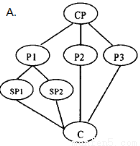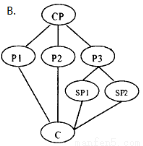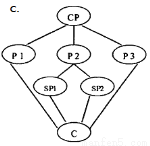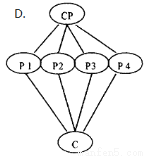题目内容
The bright morning light shone through the window onto farmer Tom’s pillow, making the room hot. Tom is not a(n) riser but the heat woke him up. He hurriedly _ and started to head for his poultry farm(家禽饲养场). He had put all his money in .
Tom got into his that was loaded with ducks in cages and his two _ , Bill and Jim. Their first _ was the City Primary School. On _ the school gate, one of the lorry’s tires was _. Tom left his workers to change the tire _ he went into the dining hall to hand over some ducks.
Meanwhile, a boy had climbed up the lorry and some of the cages. Jim _ to look up; the boy jumped down from the lorry and ran into the school. The ducks were . Jim and Bill hurriedly tried to get the ducks back into the cages but it was . There was a great commotion(混乱): ducks quacking(嘎嘎叫), workers .
Where was the boy? He was at the school gate letting some ducks into the school. On hearing the , many children came out of their classrooms and watched the sight—two men running after ducks that were quacking!
Tom came back just in time to the boy. He then made a funny quacking sound and the ducks to come to him. He put them back into cages, changed the tire and , leaving the boy in the hands of the schoolmaster.
1.A. wise B. early C. honest D. rich
2.A. worked out B. looked around C. got up D. came up
3.A. ducks B. pigs C. dogs D. chickens
4.A. room B. lorry C. train D. station
5.A. waiters B. neighbors C. sons D. workers
6.A. hope B. class C. stop D. call
7.A. touching B. leaving C. building D. reaching
8.A. flat B. dirty C. lost D. soft
C. lost D. soft
9.A. if B. while C. after D. though
10.A. opened B. discovered C. repaired D. checked
11.A. decided B. refused C. expected D. happened
12.A. escaping B. swimming C. waiting D. standing
13.A. different B. useless C. slow D. lucky
14.A. listening B. jumping C. shouting D. laughing
15.A. music B. story C. noise D. joke
16.A. strange B. dangerous C. familiar D. funny
17.A. make fun of B. take care of C. catch hold of D. take notice of
18.A. woke B. promised C. agreed D. began
19.A. happily B. secretly C. selflessly D. frequently
20.A. turned around B. drove off C. held out D. dropped in
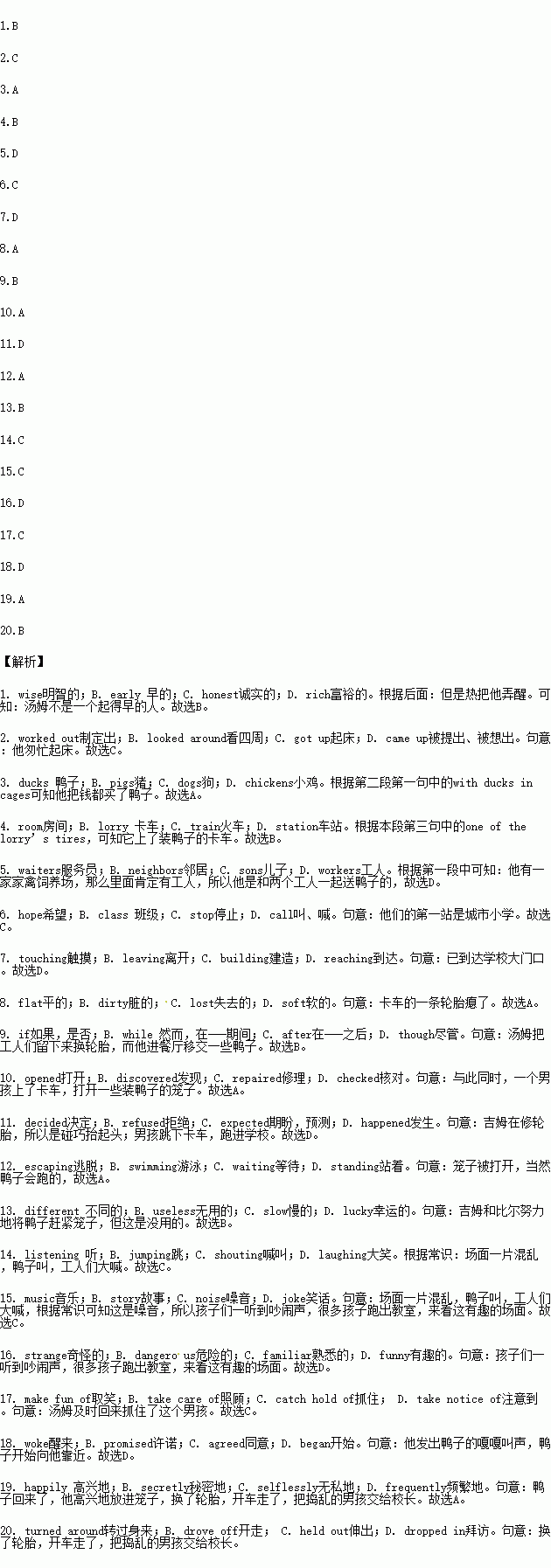

 a photographic memory.
a photographic memory. ain impairment. Yet not all brain injury leads to savant skills. Some studies have shown that people who have purposeful interruption of the left side of the brain can develop idiot savant skills. However few people wish to participate in such experiments. There are many excellent reasons for not undergoing unnecessary experimentation on one’s brain. The term idiot savant is outdated and inappropriate. Virtually all savants have a high degree of intelligence and are thus not idiots.
ain impairment. Yet not all brain injury leads to savant skills. Some studies have shown that people who have purposeful interruption of the left side of the brain can develop idiot savant skills. However few people wish to participate in such experiments. There are many excellent reasons for not undergoing unnecessary experimentation on one’s brain. The term idiot savant is outdated and inappropriate. Virtually all savants have a high degree of intelligence and are thus not idiots. rofessors expect students to use computers to do homework or to complete projects. Since students are competing for good grades, those who have limited access to computers are at a great disadvantage. Furthermore, being able to do projects using the computer enhances the process of learning.
rofessors expect students to use computers to do homework or to complete projects. Since students are competing for good grades, those who have limited access to computers are at a great disadvantage. Furthermore, being able to do projects using the computer enhances the process of learning. s their learning process by making the process easier, more interesting, more engaging, and in the process enhancing their quality of life.
s their learning process by making the process easier, more interesting, more engaging, and in the process enhancing their quality of life. ity to help the students to prepare for their future
ity to help the students to prepare for their future